Thursday, January 30, 2025
10 Essential Bulgarian Albums
Nikolas-Kaan Yilmaz picks out ten albums that trace the nation’s fascinating musical timeline, asking Bulgarian musicians and fans of Bulgarian music alike to share some of their favourites along the way
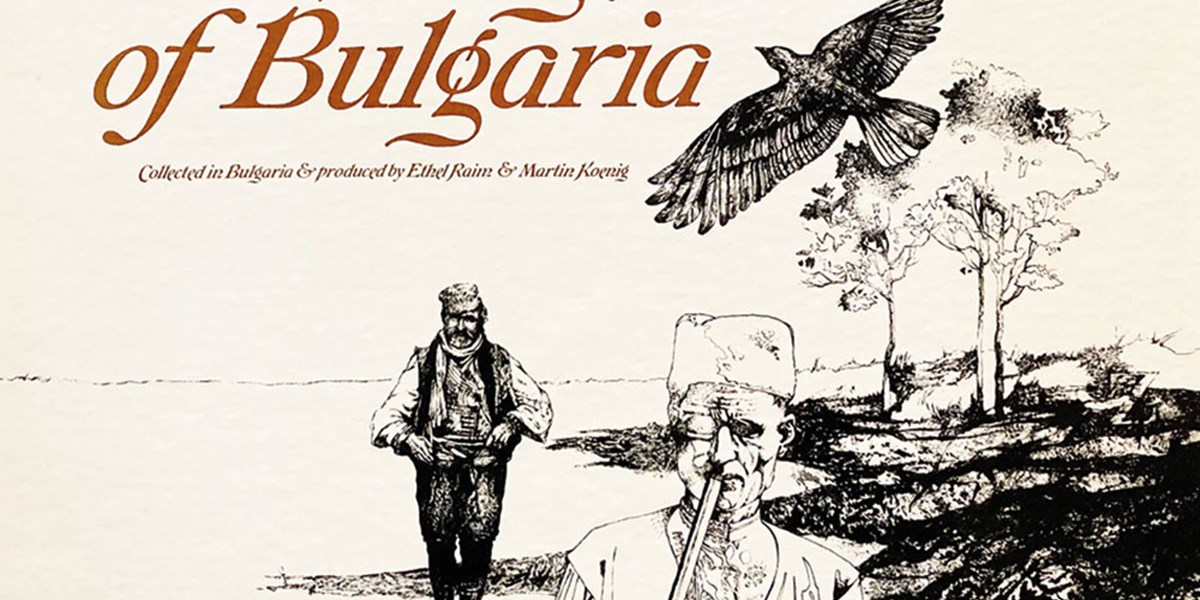
The musical history of Bulgaria dates back thousands of years. The introduction of two-inch tape and Western musical influence in the 20th century gave way to a rich recorded history that spans ancient vocal traditions, shimmering synth-pop, raucuous wedding music and shepherd songs flown into space.
1 Various Artists

A Harvest, A Shepherd, A Bride: Village Music of Bulgaria
(Nonesuch, 1970)
Collecting together Bulgarian folk music recorded by song collectors Ethel Raim and Martin Koenig in 1968, this album is notable for including an iconic song by Valya Balkanska, essential in developing Bulgaria’s musical identity. Her rendition of ‘Izlel je Delyo Hajdutin’ (Delyo the Haiduk has Gone Outside), as included on this album, was among the songs sent into space on the Voyager spacecraft in 1977 to represent human culture for intelligent alien life. The tune is an eighteenth-century Bulgarian battle cry honouring rebel fighters slain in combat against the Ottoman occupation.
2 Diko Iliev
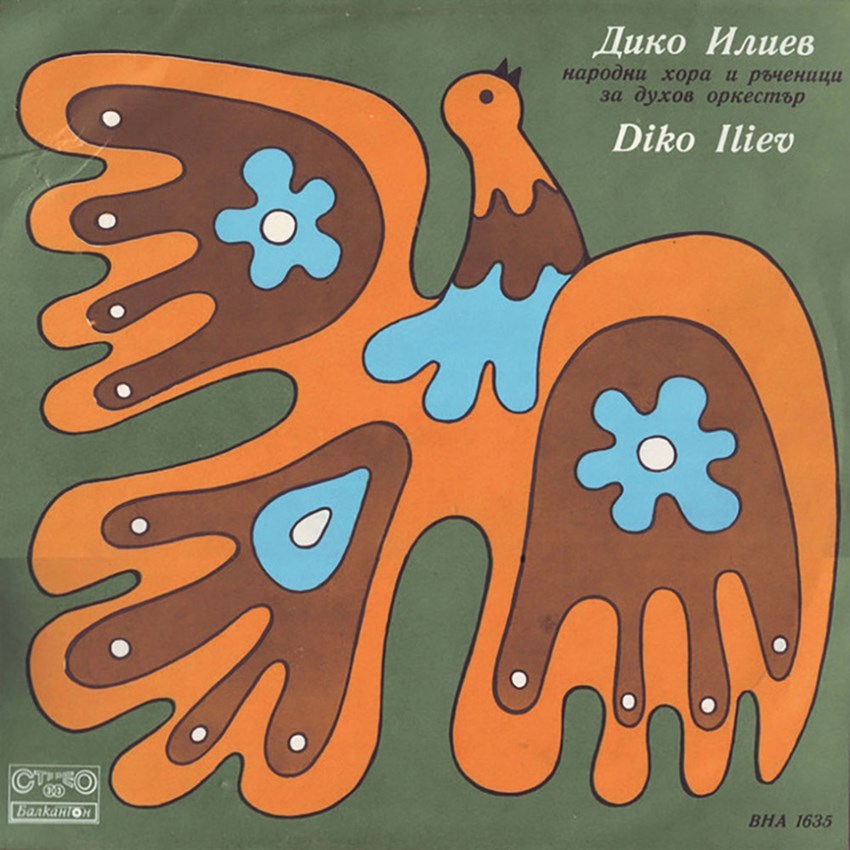
Народни Хора И Ръченици За Духов Оркестър
(Balkanton, 1974)
On his pick for this list, Balkan trad guitar wizard Miroslav Morski said, “This [album] is authentic, original Bulgarian music to me.” With a title translating as ‘National Horos and Rachenitsas for Brass Bands’, this recording features traditional north Bulgarian dance music performed by the Representative Brass Band of The Railroads under the direction of Diko Iliev. The horo and rachenitsa are Bulgarian dance traditions dating to the tenth century. Diko Iliev and his ensemble perform a selection of northern standards from the dance traditions – songs commonly heard during holidays in Bulgaria to this day.
3 Various Artists
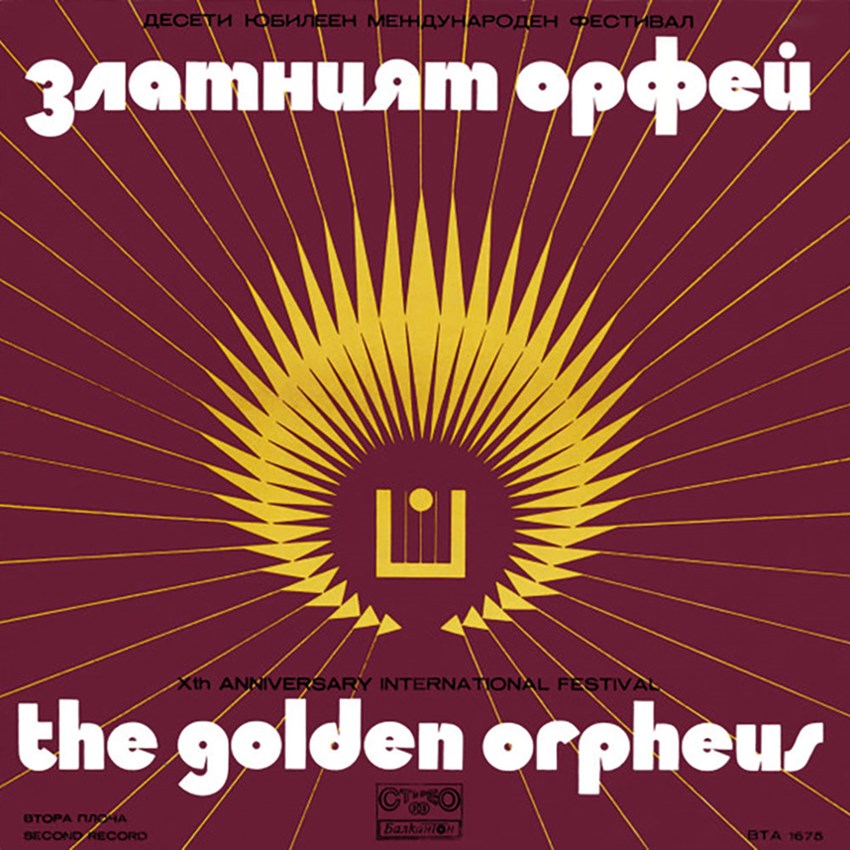
The Golden Orpheus
(Balkanton, 1974)
Bulgarian audiences were introduced to blues, rock and Western pop music in the 60s and 70s. What followed was the first wave of Bulgarian pop music, stunningly captured on state-subsidised Soviet recording equipment. Like a communist Motown, Bulgaria’s state-mediated record label, Balkanton, released every hit of that generation. In 1964, the state began an annual music festival and songwriting competition called The Golden Orpheus and released compilations featuring the year’s strongest tunes. This tenth-anniverary compilation includes performances from 1974 along with the festival’s greatest hits, featuring generational anthems from Georgi Minchev, Mimi Nikolova and Emil Dimitrov.
4 Le Mystère Des Voix Bulgares
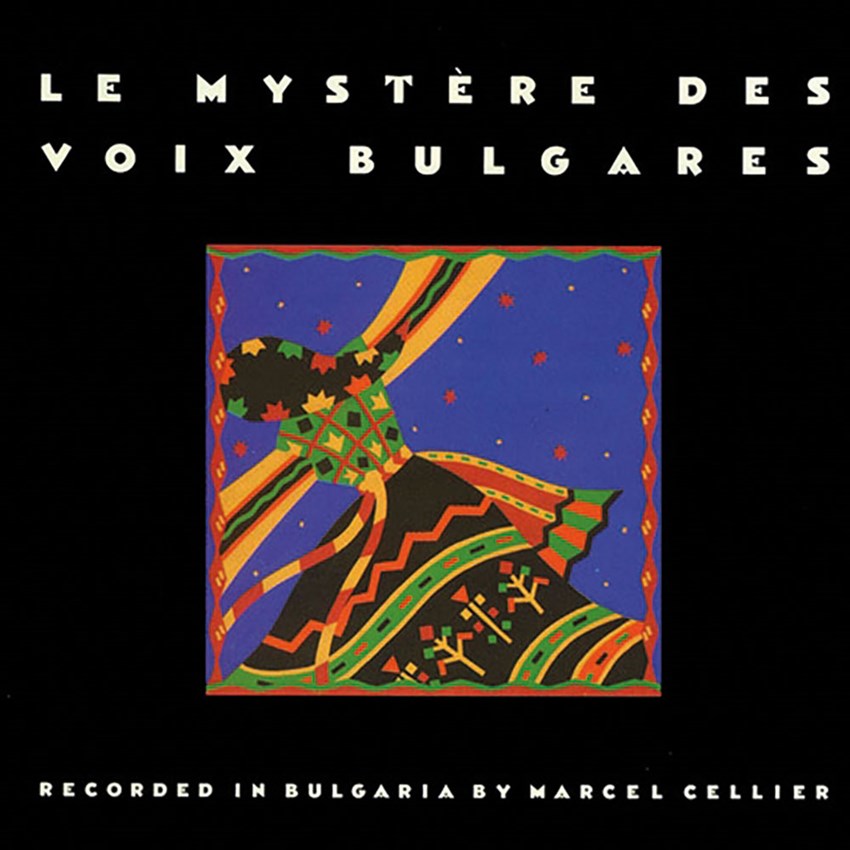
Le Mystère Des Voix Bulgares
(Disques Cellier, 1975)
Arising out of the Bulgarian Radio Folk Songs Ensemble, formed in 1952, the still-active, Grammy-winning choir yielded a prolific discography of traditional Bulgarian standards. This was one of the first Bulgarian folk collections released by a Western record label, though it wasn’t until 4AD’s UK reissue in 1986, followed by Elektra Nonesuch’s in the US, that it gained worldwide popularity. Lisa Gerrard found out about them during this time, telling us: “Their voices were like a beam of sunshine, singing songs that had been passed down from generation to generation, and finding so many different notes within one octave.”
5 Lili Ivanova
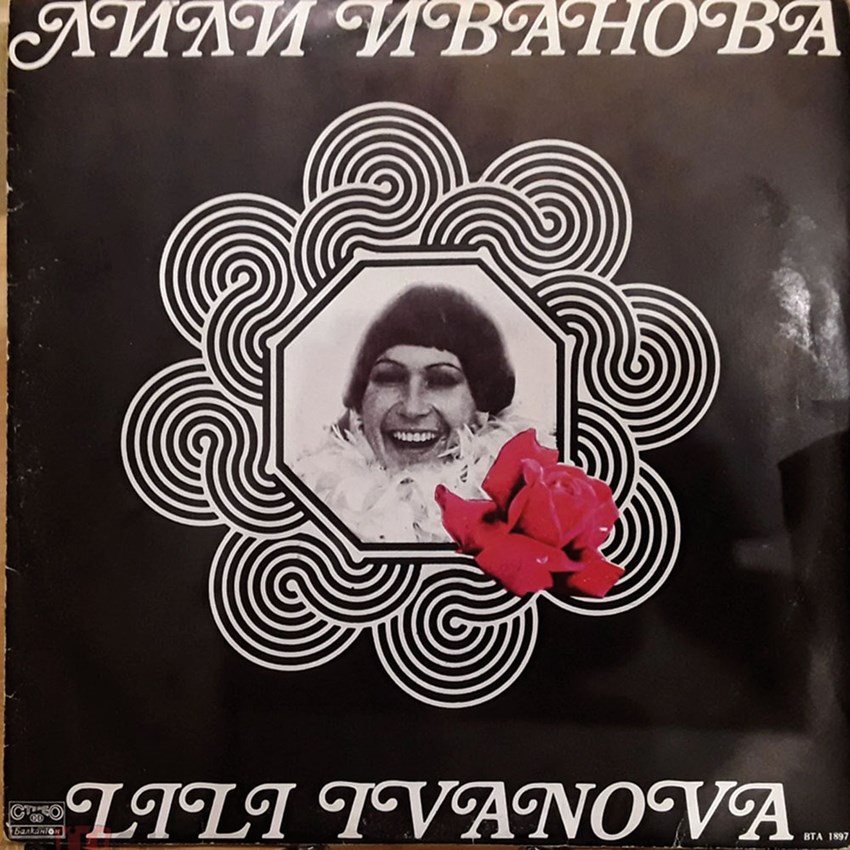
Стари Мой Приятелю
(Balkanton, 1976)
Lili Ivanova remains Bulgarian pop music’s most domineering figure. With a career spanning over 50 years, Ivanova has released 35 albums since her 1961 debut and is actively touring today. There are limited chart statistics of the Soviet music industry, but the Italian magazine L’Europeo reported that she sold more than 10 million copies in the USSR, making her the best-selling Bulgarian artist of the 20th century. Ivanova’s 10th album Стари Мой Приятелю (My Old Friend) holds some of her most revered work.
6 FSB
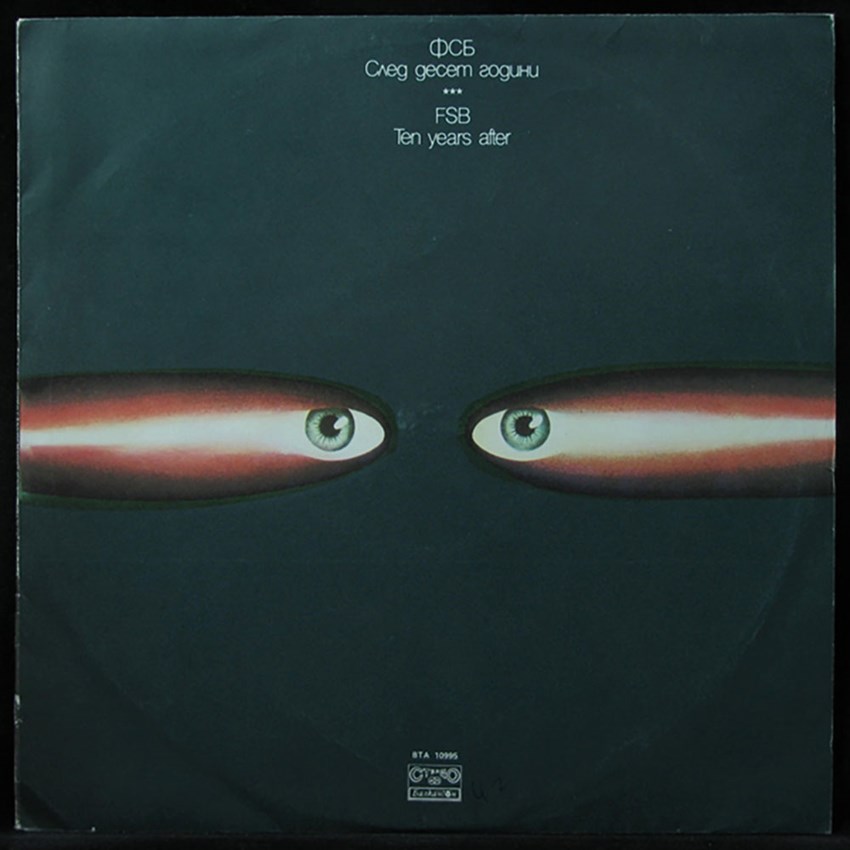
Ten Years After
(Balkanton, 1983)
When we wrote to Ivan Lechev, a token statesman of Bulgarian rock’n’roll, it was no surprise that he suggested we include an album of his band FSB (ФСБ). FSB is the quintessential 80s Bulgarian band. As rock’n’roll took root and developed in Bulgaria, it yielded a wave of innovative groups that made Western conventions their own. As synthesizers and sequencers became more accessible in the 80s, Bulgarian bands experimented with them to shape a sound akin to a Bulgarian new wave. Lush with the hum of Soviet synths, Ten Years After is the pinnacle of the 80s Bulgarian sound and yielded several generational anthems.
7 Trio Bulgarka
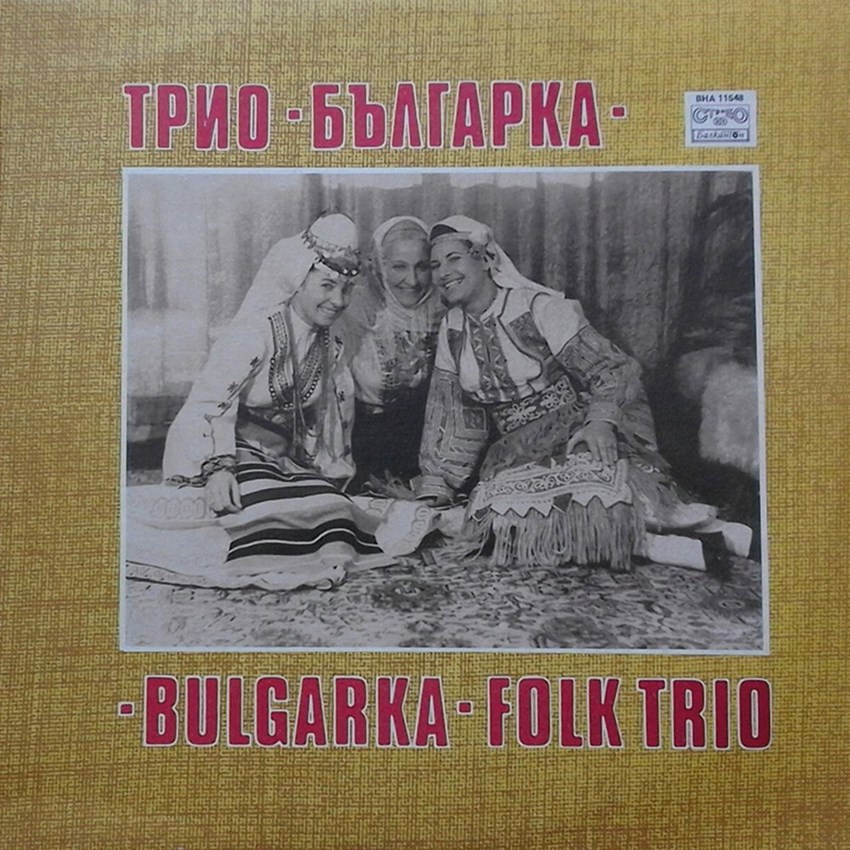
Bulgarka Folk Trio
(Balkanton, 1985)
Trio Bulgarka are a supergroup when it comes to traditional vocal ensembles. Combining the voices of Yanka Rupkina, Stoyanka Boneva and Eva Georgieva, they frequently toured beyond the Iron Curtain and were instrumental in the Western proliferation of Bulgarian vocal tradition. Apart from singing in Le Mystère Des Voix Bulgares, the trio collaborated with Western pop idols, sharing a stage with George Harrison, recording with Joe Boyd and appearing on two Kate Bush albums. When interviewed in 2006 (#34), Bush told us, “I love everything they have done. When they sing you can hear the air cracking, it is a deeply moving experience.”
8 Ivo Papasov & His Bulgarian Wedding Band
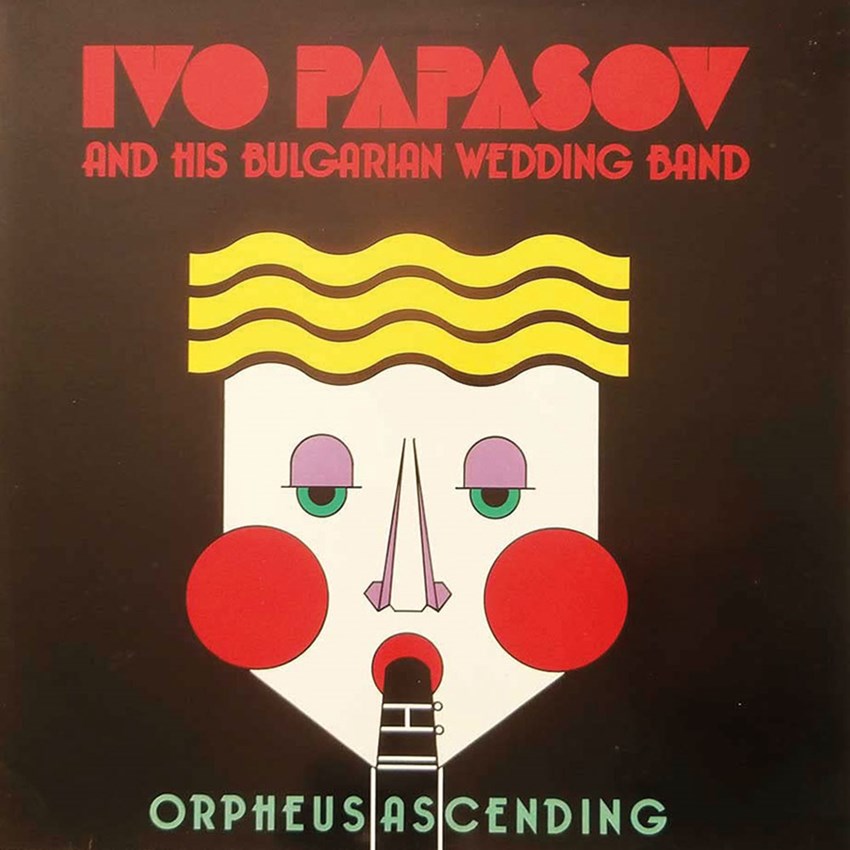
Orpheus Ascending
(Hannibal Records, 1989)
On Ivo Papasov and his Bulgarian Wedding Band, Frank Zappa is quoted as saying, “Ivo’s album of wedding music played first thing in the morning, provides thorough and long-lasting attitude adjustment for the busy executive.” Papasov is hailed as a master of Bulgarian clarinet, a melodically variable approach to the instrument from its classical Western origins. Orpheus Ascending is a collection of traditional wedding songs in the horo dance style. Papasov’s ensemble however takes a raucous approach to the folkloric arrangements, incorporating Romani elements to an undercurrent of jazz fusion.
9 New Generation
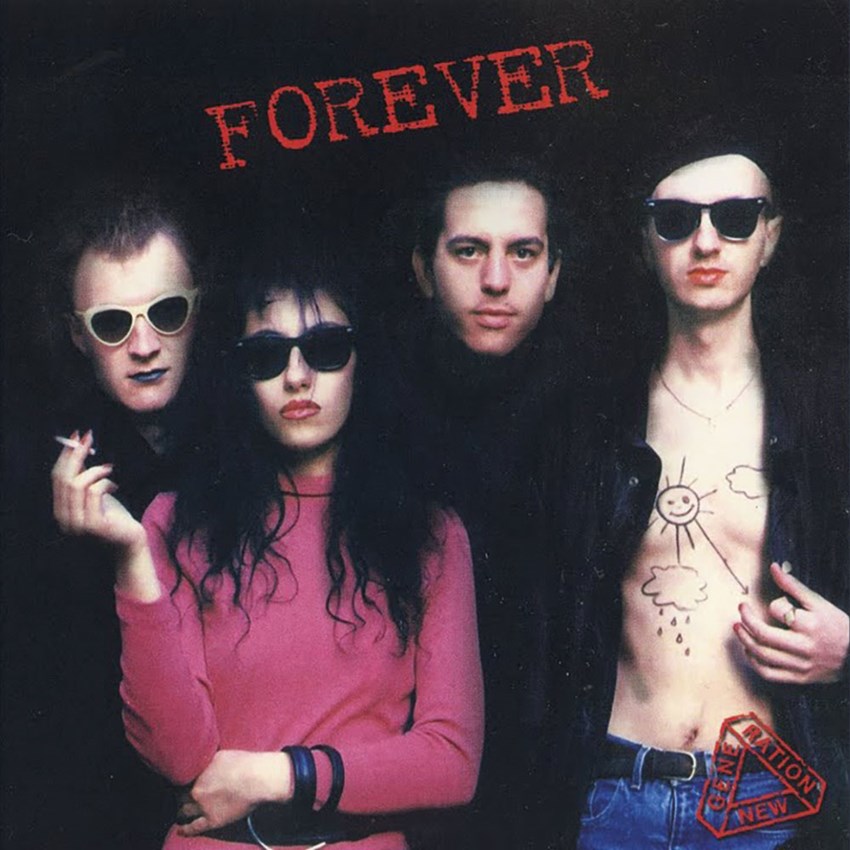
Forever
(Avesta, 1991)
On New Generation, Nikola Gruev (a.k.a. Balkan beatmaker Kottarashky) states, “New Generation is the most interesting and significant Bulgarian band. Their style, which I define as post-socialist new wave, has no analogue on the world music scene. And [Dimitar] Voev’s lyrics are true poetry… the best that Bulgarian pop culture has produced.” In 1989, New Generation released an album called BG Rock I with fellow Bulgarians Control. This was the first in a series of albums, following Georgi Minchev’s BG Rock album in 1987, that helped define the sound of Bulgarian rock. Gruev adds: “Forever ’98 is even better but it’s a compilation after the death of frontman Dimitar Voev.”
10 Slavka Kalcheva
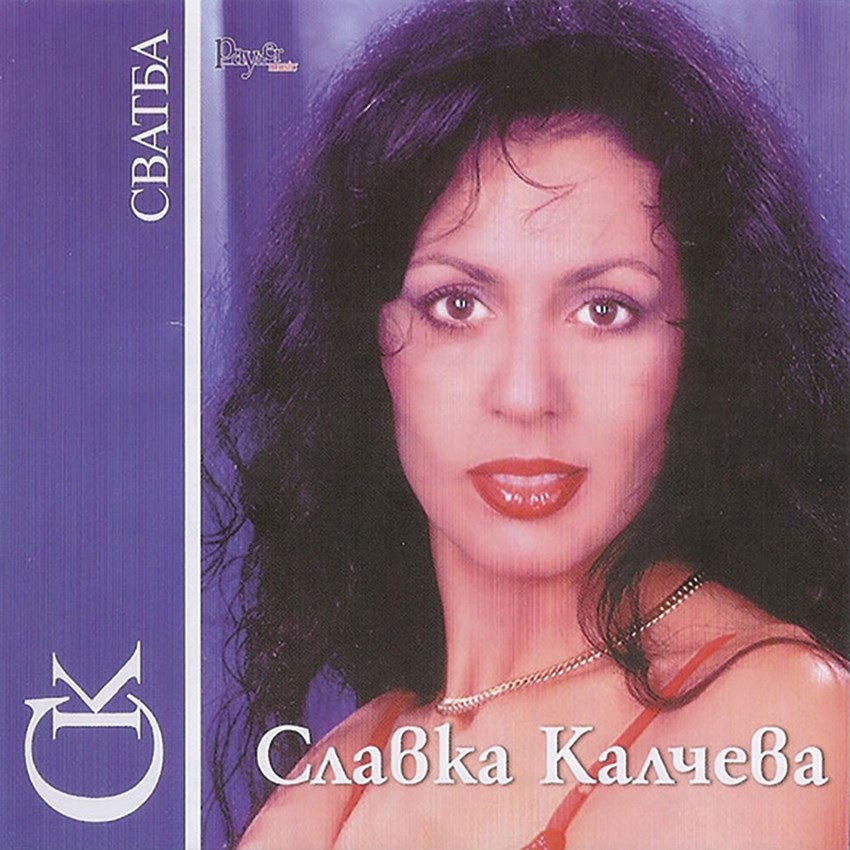
Сватба
(Payner, 2000)
The collapse of the Soviet Union in 1989 saw the rise of chalga. Chalga, also known as pop-folk, is a modern manifestation of Bulgarian folk music, blending contemporary songwriting with traditional vocal styles, rhythms and instrumentation. Rising in popularity over the 90s, the movement began to draw influence from Turkish, Greek and Arabic dance-pop, as well as the lyrical flows of US hip-hop. In 2000, pop-folk yielded one of its most iconic anthems to date, ‘Бяла роза’ (White Rose) by Thracian singer Slavka Kalcheva – who by this time had already sang with Ivo Papasov’s Orchestra Trakia and wedding bands like Konushenska.

